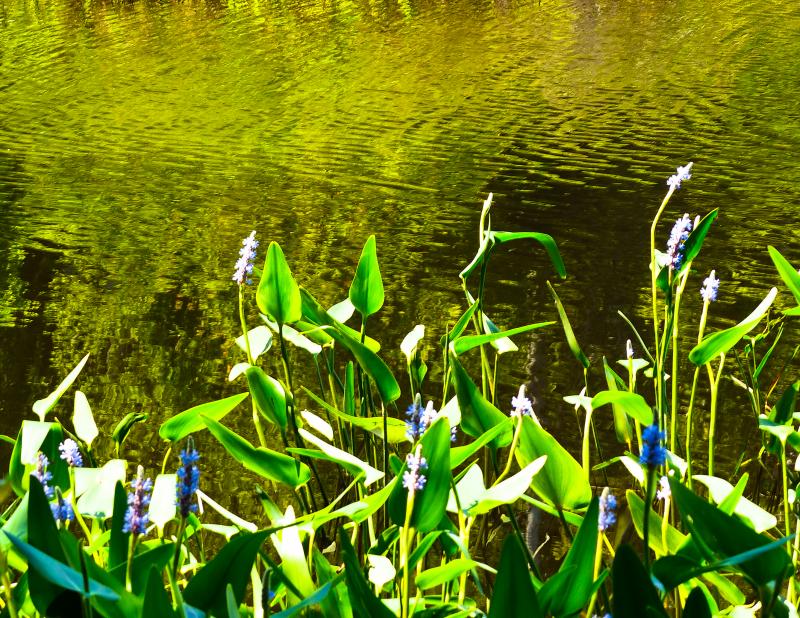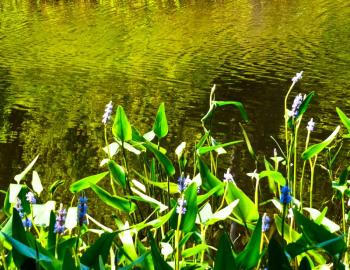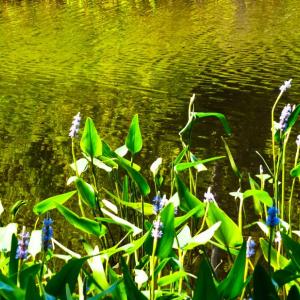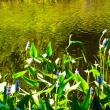Growing native: Learning to plant for the planet
With spring on its way, many of us are thinking about what we can do to spruce up our yards. It’s the ideal time to prepare for gardening and planting, but did you know that certain plants can enhance your landscaping while also benefiting the local environment? Native plants support everything from water quality to local wildlife, and because they are uniquely suited to the Maine environment, they tend to thrive. Boothbay Region Land Trust (BRLT) in partnership with Boothbay Region Water District (BRWD) will be sharing the many benefits of native landscaping and providing practical steps for getting started during our talk entitled Native Plants for Water Quality and WOW! on Tuesday, April 9 at 10 a.m. at Oak Point Farm.
Rebecca Jacobs, the program manager for Knox‐Lincoln Soil and Water Conservation District, will be on hand to share her insights on native planting. Jacobs is a formally trained landscape designer who has worked on classifying native and non-native plants for many years. Her work has helped influence the state list of recognized invasive plant species. She will draw on her expertise in this presentation to educate participants on topics from what native plants can be found locally, including native perennials and shrubs, to which non-natives to avoid. Participants will gain tips and techniques for enhancing their landscapes, including where and how to get started.
Sue Mello of Boothbay Region Water District notes that much public good can come from landscaping with native plants.
“We know there is no better protection for Adams Pond and Knickerbocker Lake's water quality than intact forests and native plants,” Mello said. “These plant communities are the work horses in the watershed, intercepting rain and runoff, slowing down stormwater flows and capturing nutrients. Rebecca Jacobs and Knox Lincoln County Soil and Water District are a terrific resource for Boothbay Region Water District and for watershed property owners. They have helped us solve stormwater runoff problems and designed vegetated buffers to protect our public water supply. They also sell amazing native plants at their annual plant sale at rock-bottom prices. We are grateful that they, are nearby and always willing to help.”
This event is free and open to the public. Seating is limited and registration is required by contacting BRLT Environmental Educator Tracey Hall at thall@bbrlt.org or 633-4818.
Event Date
Address
United States
























